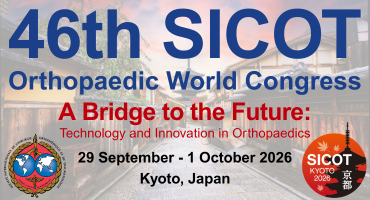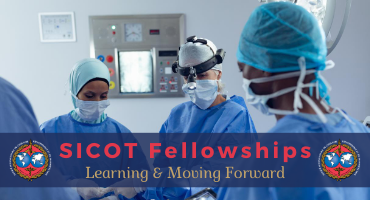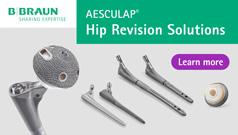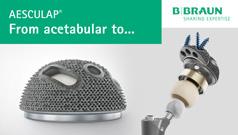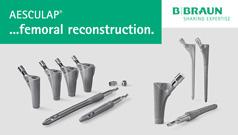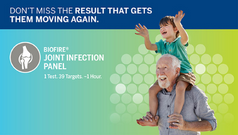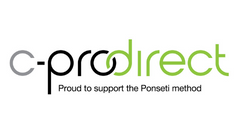Special Issue
Coffee and Bones
 Gandhi Nathan Solayar - Seremban, Malaysia
Gandhi Nathan Solayar - Seremban, Malaysia
Orthopaedic surgeons come out tops when it comes to coffee consumption (among other beverages one might partake) compared to our other less caffeinated colleagues in the hospital. This being the case, the question remains: Is coffee good for the good orthopod? What does coffee do to our good old bones?
A study conducted in Switzerland and published in the Christmas BMJ edition of 2015 (a great source of relevant literature) confirmed this hypothesis and we were followed by radiologists and general surgeons respectively. Oddly enough for me at least, the study suggested that anaesthetists purchased the least amount which the authors explain away by suggesting a potential bias due to the fact that they might not be purchasing, rather using the coffee machines found in theatre itself.
There are a number of people who believe coffee and other caffeinated beverages are associated with decreased bone mineral density (BMD). While this debate will continue, for the sake of this article, I will focus on specific questions and studies in the literature which have attempted to answer it.
An excellent study derived from the Swedish Mammography cohort comprising of over 60,000 women looked at coffee consumption levels and its effects on fracture risk. It concluded that drinking 4 or more cups of coffee per day gave rise to a small reduction in BMD (2-4%) compared to those who drank less and this did not translate to an increase in fracture incidence (1). On the contrary, a large study looking at pre-menopausal women from Korea found a slight benefit in BMD when coffee was consumed in moderate amounts (2). It looks like this debate has no end in sight.
Why have questions about coffee and its association with BMD started in the first place? There have been laboratory based animal model studies which have suggested that caffeine may slightly increase urinary calcium and phosphorus excretion while impairing the absorption of dietary calcium (3). However, this is readily offset by having/adding small amounts of calcium in the diet. Another reason for having a bit of milk/cream in your morning “Cup of Jo”.
The other question is, “What about decaf? Would that help?” Decaffeinated basically means caffeine has been removed from the coffee beans prior to roasting using methods generally employing carbon dioxide and chemical solvents. While there is no concrete evidence that this has a different effect compared to normal coffee; theoretically at least, decaffeinated coffee beans are slightly more acidic and this may potentially have a negative effect on bones.
I haven’t been convinced with my limited review of the literature about any significant detrimental effects of coffee on our bones for the purpose of this article. On the contrary, there is ample evidence on the benefits of coffee from lowering diabetes risk, lowering inflammation and providing key antioxidants among other things. There is even evidence that coffee reduced total and overall cause-specific mortality in a cohort of over 400,000 people (4)!
Well, that’s enough to persuade myself, the humble orthopod. Time to head down to the corner shop beside my hospital and yell “Boss! Kopi satu!” (Might I suggest Google translate).
- Hallstrom H, Byberg L, Glynn A, Lemming EW, Wolk A, Michaelsson K. Long-term Coffee Consumption in Relation to Fracture Risk and Bone Mineral Density in Women. Am J Epidemiol. 2013 Sep 15;178(6):898–909.
- Choi E, Choi K-H, Park SM, Shin D, Joh H-K, Cho E. The Benefit of Bone Health by Drinking Coffee among Korean Postmenopausal Women: A Cross-Sectional Analysis of the Fourth & Fifth Korea National Health and Nutrition Examination Surveys. Chen J-R, editor. PLoS One. 2016 Jan 27;11(1):e0147762.
- Yeh JK, Aloia JF. Differential effect of caffeine administration on calcium and vitamin D metabolism in young and adult rats. J Bone Miner Res. 2009 Dec 3;1(3):251–8.
- Freedman ND, Park Y, Abnet CC, Hollenbeck AR, Sinha R. Association of Coffee Drinking with Total and Cause-Specific Mortality. N Engl J Med. Massachusetts Medical Society ; 2012 May 17;366(20):1891–904.







